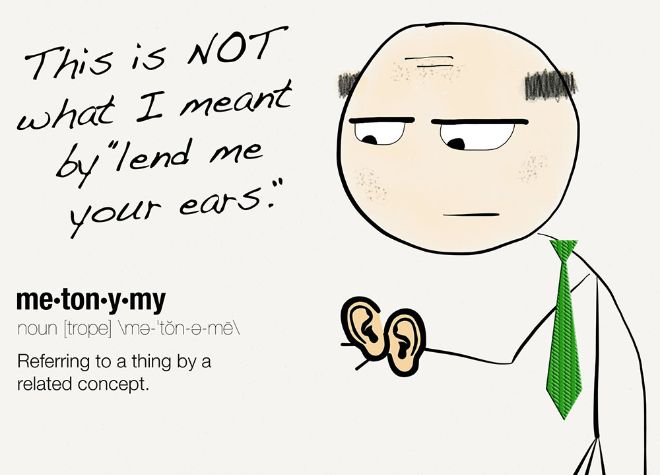Acquiring Figurative Meanings: A Study in Developmental Pragmatics
About the project
Whereas children's competence with metaphor has been debated in the developmental literature for several decades, studies of irony acquisition have been far fewer, and metonymy acquisition has hardly been studied at all.
The project investigated and compared the developmental trajectories of metonymy and irony, with the aim of expanding our knowledge of children's skill with figurative language and their communicative competence more generally.
The project also investigated how the acquisition of metonymy and irony interacts with the development of two other communication-relevant abilities which plausibly influence figurative language comprehension: metalinguistic awareness (the ability to reflect on language) and so-called ‘epistemic vigilance’, that is, the ability to cope with lies and deception.
Traditionally, children's competence with figurative language devices has been studied largely independently of theoretical debates about how these devices are processed by adults.The project aims to establish a tighter link between developmental studies of metonymy and irony and pragmatic theories about the mechanisms underlying them, by putting some key theoretical claims to empirical test.
Sub-projects
Metonymy development
This subproject investigated children’s use and understanding of metonymic expressions. Among the hypotheses to be tested are whether metonymy provides young children with a communicative strategy that could compensate for vocabulary gaps and/or limited expressive ability, and whether the development of metonymy comprehension correlates with the emergence of a metalinguistic ability.
Irony development
Few developmental studies of irony have specifically tested claims made by theories of adults’ understanding of verbal irony. This subproject aimed to test some of the predictions of the relevance-theoretic echoic analysis of verbal irony (e.g., Wilson & Sperber 2012) using developmental data, and whether irony understanding might be associated with the capacity for epistemic vigilance towards deception.
Time frame
2015-2020
Financing
The project is funded by The Research Council of Norway, as part of the FRIPRO scheme for Young Research Talents (project no. 240324).
CSMN
The project was hosted by the completed Centre for the Study of Mind in Nature (CSMN).
